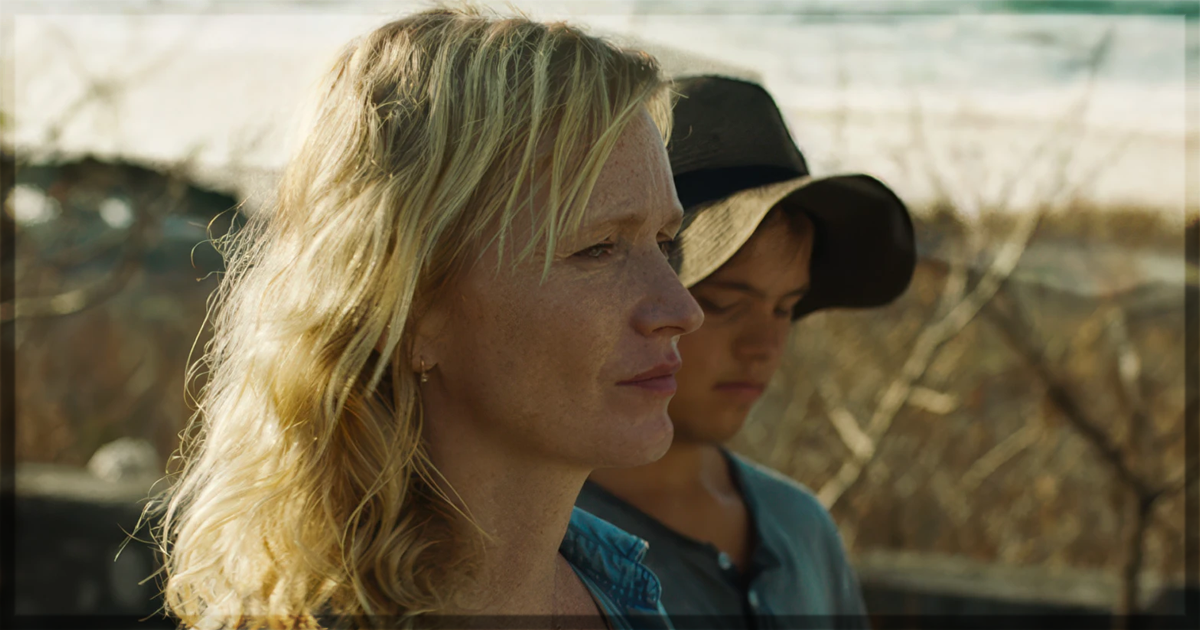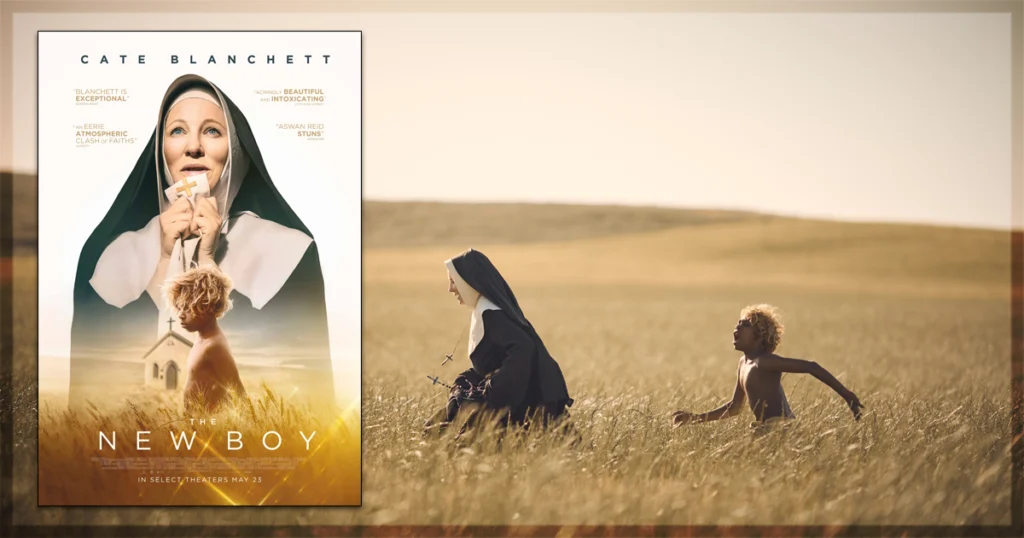Caravan (Karavan) is the debut feature by Zuzana Kichnerová and is another selection of the Un Certain Regard section of the Cannes Film Festival. The film narrates the story of Ester (Anna Geislerová), a forty-five-year-old woman who spends most of her time caring for her special needs son, David (David Vodstcil). While they spend the summer in Italy, David’s unpredictable behaviours bother Petra (Jana Plodková), Ester’s friend, and their host. After an incident between the boy and Petra’s children, Ester and his son take Petra’s husband’s caravan and drive south of Italy. In this sense, mother and child explore a new possibility of enjoying life.
The first directorial effort by Kichnerová is a road movie. She follows the growth and discovery elements that the genre attaches to films. Therefore, the director presents two fascinating points of view. A middle-aged woman is questioning her identity and current lifestyle. It is also the exploration of the world by a special needs teenage boy raised by his mother. Both of them need to escape the prison of routine and indoor environments. Ester is tired of living a restrained life with her son. People pity her and say horrendous things about David. Hence, escaping allows her to also drift away from the comments of Petra, a friend who offends her deeply for the harsh sayings about her son. In fact, in the short sequences with Petra and Ester on the screen, there is a notable distance in their relationship. They were good friends once, but now diverge entirely, financially, in their love life, and in how they raise their children. Petra is ashamed of their past, and Ester looks forward to returning.
Karavan features a simple structure to convey its story. Ester does not have grander conflicts until the last fifteen minutes, and most of its duration is a poetic road movie. She enjoys eating grapes on the farm with her new friend, Zuza (Juliana O’lhová), another Czech woman traveling in Italy. But they love to sunbathe on different Italian beaches. They enjoy the Italian summer as an opportunity to live a fulfilling life. She sees in Zuza a partner who comprehends David’s necessities and is willing to enjoy the trip with them. Zuza is a free spirit who teaches Ester about living each day and enjoying what life provides. Besides poor character development, we don’t know anything about Zuza. Juliana O’lhová is charismatic enough to employ a sweet personality in the character. She wants to live the most of that moment and connects with David and Ester in a strong bond. Even though it is a unidimensional writing to Zuza, the performance adds personality and charisma.
Additionally, Karavan is a film lacking an elaborate narrative. It is more about the passages, connections, and beautiful imagery. Beyond the principal trio, the smaller parts are not as engaging. Yet, we do not know much about Ester’s lover, her employer, and a reminder that she needs to fulfill her physical needs besides supporting her child all the time. Aside from a simplistic and rushed story, it is an experience regarding vibes and feelings. It comes from the urgent necessity of escaping something that is hurting us. Kichnerová portrays it as a collage of beautiful passages and small gestures. Ester finds a partner and caregiver in Zuza, a genuine exchange she cannot find even in her oldest friend. Indeed, it is a conventional road movie, and the genre tropes are easily recognizable. However, Simona Weisslecher, the cinematographer, amplifies the emotional arcs through her light and sunny imagery. What we see on the beach is the opposite of what is happening inside the van. The visual changes from darker to lighter tones aggregate depth to an often simple storytelling.
In conclusion, the Czech film does not present a new and fresh effort in the genre canon. Yet, it is a competent first-time directing by Zuzana Kichnerová. She thrives in extracting beautiful performances from the central trio. There is a genuine connection between those characters, and it is transmitted on the screen. Additionally, Simona Weisslecher uses lightning to compose two completely different life situations and add to a thin storyline. Thus, Karavan is not a showy and intricate debut film. However, it works for its purpose in the road movie genre and the portrayal of maternity.
Consequently, the Italian summer serves as a background to compose its story, juxtaposing the domestic reality with the desire to change completely. Hence, it finds beauty in the simple transformation of attitude and the wish to live a meaningful life.
Karavan recently screened at the Cannes Film Festival.
Learn more about the film at the Cannes site for the title.


